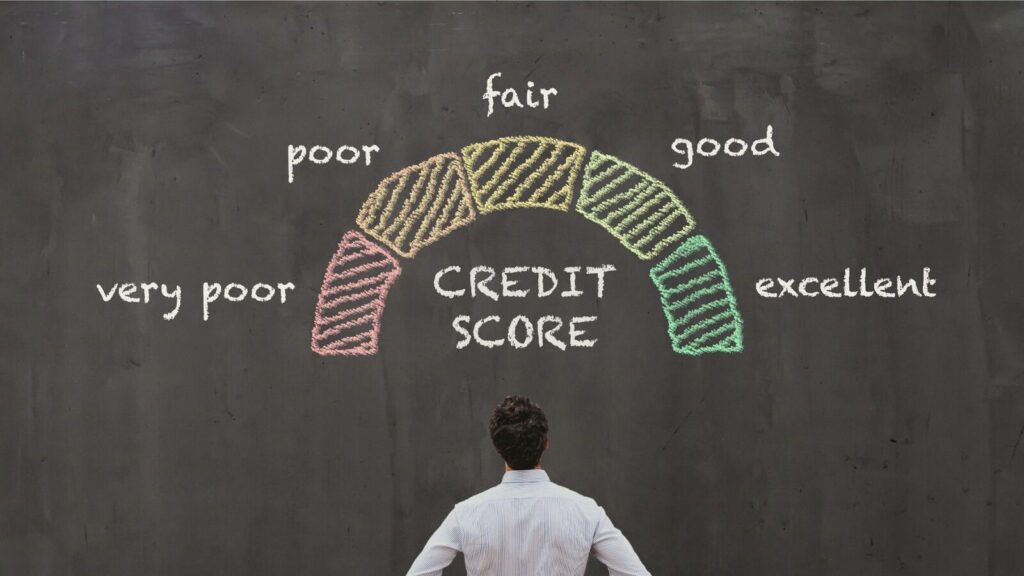A credit score of 550 is generally considered poor in India. Such a score significantly impacts an individual’s access to credit instruments such as credit cards, personal loans etc.
That is why clearly understanding the implications, pros and cons associated with this score and taking proper steps to improve the same are important for an individual’s financial prosperity. This particular write-up is dedicated towards discussing these important concepts in detail.
Expert views
In an exclusive conversation with Mint, Atul Monga – CEO & Co-Founder, BASIC Home Loan stated that, “When a borrower has a low credit score, lenders often reject their loan application or approve it with much higher interest rate compared to borrowers with good credit score.”
“If your credit score is low, you must work towards improving it by reducing your overall debt before applying for a new loan. Try to keep your credit utilisation ratio below 30% and pay off your loan EMIs and credit card bills on time. You must also avoid submitting multiple loan or card enquiries in a short period as frequent enquiries can further lower your credit score.”
He further added that, “Review your credit report frequently to rectify errors and ensure accurate and updated information to improve credit score. A strong credit history isn’t built overnight, but consistent effort can open the door to better loan opportunities.”
What are the limitations associated with a credit score of 550?
In India, credit scores range from 300 to 900. A higher score naturally means better creditworthiness. Now, a score of 550 has several limitations associated with it. It suggests a history of missed payments, irresponsible credit utilisation or past history of defaults.
This score hence falls in the category of ‘very low’ thus making it challenging to secure credit cards and loans from traditional money lenders. Further, any score over 750 is considered as excellent where as scores of about 700 to 750 are considered as good credit scores.
What are the steps to rebuild your credit score?
- Making bill payments on time: You need to be particularly careful about making credit card bill payments and loan EMI instalments on time. Your payment history is important and immensely impacts your credit score.
- Keeping a tab on credit utilisation: You should focus on keeping your credit utilisation ratio below 30%. A high credit utilisation indicates over reliance on debt to survive. This is a huge negative for your credit score.
- Carefully check credit reports for mistakes: It is crucial to regularly check your credit reports for errors and mistakes. Promptly raise a dispute if you find any errors in your credit report, to ensure that your score reflects the correct information.
- Consistently maintaining older credit accounts: Keeping older credit accounts active can positively influence your credit history length and boost your credit score in a positive way.
- Keeping a limit and control on new credit card applications: It is important to keep in mind that multiple credit inquiries can easily lower your score. That is why you should apply for a new credit instrument such as personal loans, credit cards etc., only when it is immensely necessary. This will help you in keeping your credit score at optimal levels and ensure that future loans are secured at favourable interest rates.
Securing credit with a low credit score
Given it is challenging to acquire credit with a 550 credit score. Still, it is not impossible. Several leading lenders consider alternative credit assessment methods offering loans at higher interest rates.
Even then it is prudent to focus on improvising and improving your credit score before applying for new credit cards or personal loans to avoid unfavourable terms and higher interest rates.
Disclaimer: Mint has a tie-up with fintechs for providing credit; you will need to share your information if you apply. These tie-ups do not influence our editorial content. This article only intends to educate and spread awareness about credit needs like loans, credit cards and credit scores. Mint does not promote or encourage taking credit as it comes with a set of risks such as high interest rates, hidden charges, etc. We advise investors to discuss with certified experts before taking any credit.
Source:https://www.livemint.com/money/personal-finance/what-a-550-credit-score-really-means-and-5-proven-ways-to-rebuild-it-fast-loans-credit-cards-11744876371514.html

